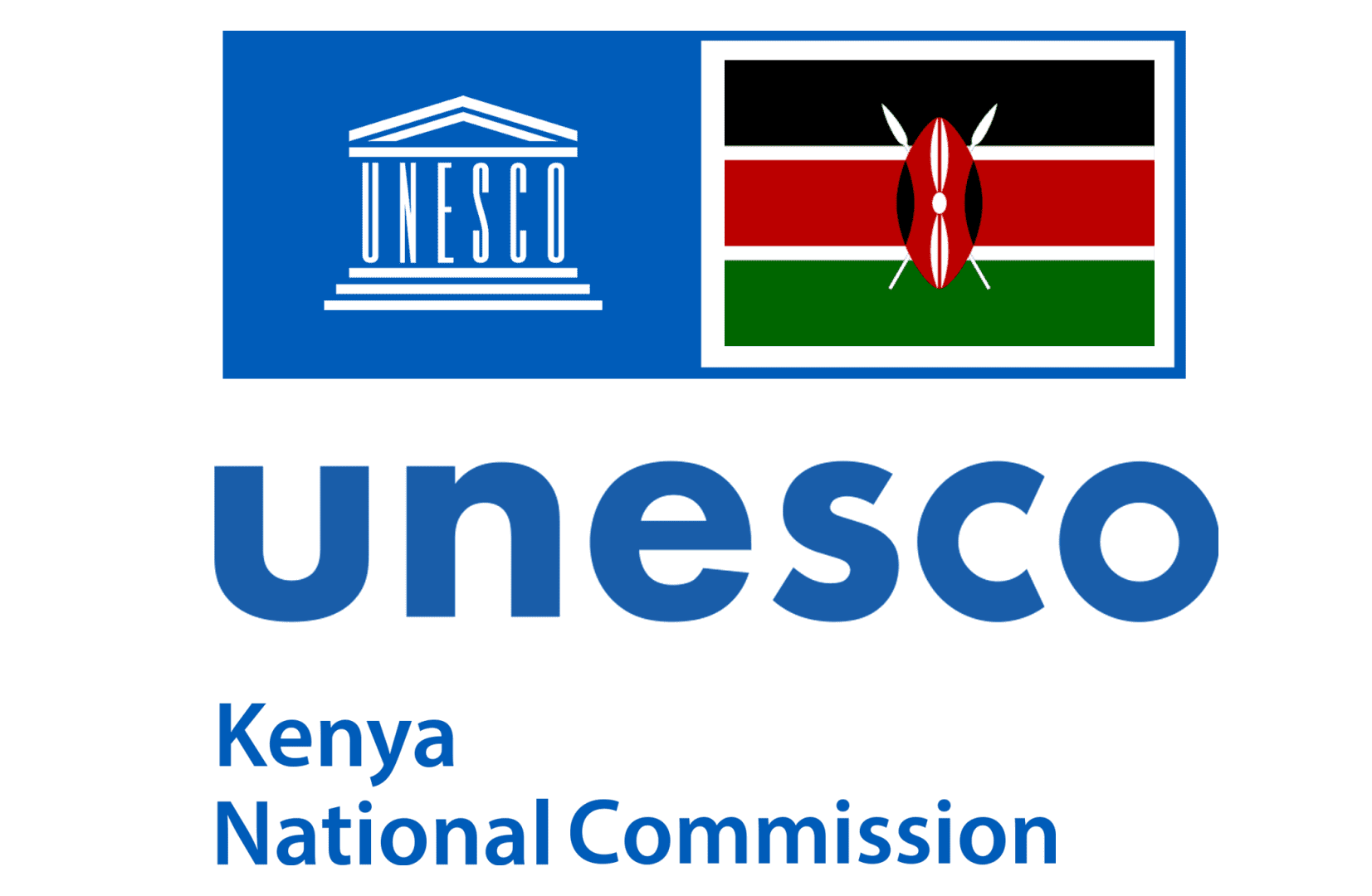The Communication and Information (CI) Programme is one of the five core thematic areas of the Kenya National Commission for UNESCO (KNATCOM), alongside Education, Natural Sciences, Social and Human Sciences, and Culture. Built on UNESCO’s global priorities, the CI Programme works to promote media development, freedom of expression, and access to information in Kenya. The Programme operates through two main focus areas: Access to Information and Knowledge, and Freedom of Expression and Media Development.
Through strategic partnerships and innovative interventions, the CI Programme is fostering knowledge sharing, enhancing digital skills, and empowering media professionals, youth, and communities to navigate the evolving information landscape.
1. Promoting Free, Independent, and Pluralistic Media
The Programme is actively promoting a free, independent, and pluralistic media environment in Kenya. This includes co-organizing high-level forums to commemorate World Press Freedom Day and World Radio Day, where key stakeholders engage in dialogue on media freedom, ethics, and policy development.
KNATCOM also maintains strategic collaborations with the Media Council of Kenya, Kenya Editors’ Guild, and Kenya Union of Journalists, which are an enabling coordinated action toward strengthening editorial independence and public interest journalism across the country.
2. Upholding Freedom of Expression and Safety of Journalists
KNATCOM continuously supports capacity building for media professionals and other stakeholders to promote freedom of expression, the right to information, and the safety of journalists. These efforts are aligned with the UN Plan of Action on the Safety of Journalists and the Issue of Impunity.
Through national and regional trainings, the Programme equips media workers with tools to report safely, ethically, and independently—while creating platforms to address censorship, misinformation, and digital threats to expression.
Recent initiative:
The Commission with the support of the German Commission for UNESCO successfully implemented a training of senior police officers that focused on fostering effective collaboration between police officers and journalists. Discussions during the training focused on collaborative strategies for enhancing the protection of journalists, with a particular emphasis on safeguarding female journalists against gender-specific threats during conflicts. At the conclusion of the training, participants, including police officers, trainers, and representatives from journalists’ unions, developed actionable points to implement the UN Plan of Action on the Safety of
Journalists and address the issue of impunity in attacks against journalists. These action plan was were later handed over to the Inspector General of National Police Service together with a UNESCO Training Manual on Freedom of Expression and Public Order for distribution in all police academies.
3. Expanding Access to Information and Knowledge
The CI Programme builds inclusive access to knowledge by supporting community-based media, digital skills development, and public information preservation.
Recent initiatives include:
- Developing editorial and production capacities of over 30 journalists from community media outlets across Kenya.
- Training over 60 youth in mobile app development, with a recent cohort from Kiambu County supported by KNATCOM and Moringa School.
- Supporting Rongo University in using community media for development communication, in collaboration with a Canadian institution.
- Partnering with Moi University’s Institute of Open and Distance eLearning, which is fundraising for an innovation Centre.
4. Advancing Media and Information Literacy (MIL)
To ensure informed and responsible consumption of information, the Programme promotes Media and Information Literacy (MIL) at community and institutional levels. The Programme with the support of UNESCO and other stakeholders organised the first ever national dialogue on Media and Information Literacy and has been working closely with the Media Council of Kenya among other key stakeholders in promoting MIL in Kenya.
KNATCOM also co-hosts dialogue forums and workshops raise public awareness about digital safety, fact-checking, and responsible media usage—especially among youth, women, and marginalized groups.
5. Enhancing Access to Information and Preservation of Documentary Heritage.
The CI Programme has been coordinating national efforts to improve access to information and the preservation of Kenya’s documentary heritage through:
- Under UNESCO’s Memory of the World (MoW) Programme, KNATCOM has been conducting capacity-building workshops for heritage professionals on preservation techniques and digital archiving.
- It has been leading documentary heritage mapping across counties, with recent engagements in Machakos, Meru, Isiolo, and Marsabit.
- It has also been organizing regional forums to engage stakeholders in preserving national memory and indigenous knowledge systems.
These efforts ensure that critical records, manuscripts, and oral traditions are being preserved for future generations, and being recognized nationally and internationally.
Through sustained advocacy, collaborative partnerships, and inclusive training programmes, the Communication and Information Programme at KNATCOM is contributing significantly to the promotion of human rights, democratic governance, and sustainable development in Kenya. By championing freedom of expression and universal access to information, KNATCOM is helping to build an informed, empowered, and digitally resilient society.
International Days
- 13th February | World Radio Day
- 3rd May | World Press Freedom Day
- 28th September | International Day for Universal Access to Information
- Last week of October | Global Media and Information Literacy Week
- 27th October | World Day for Audiovisual Heritage
- 2nd November | International Day to End Impunity for Crimes against Journalists
